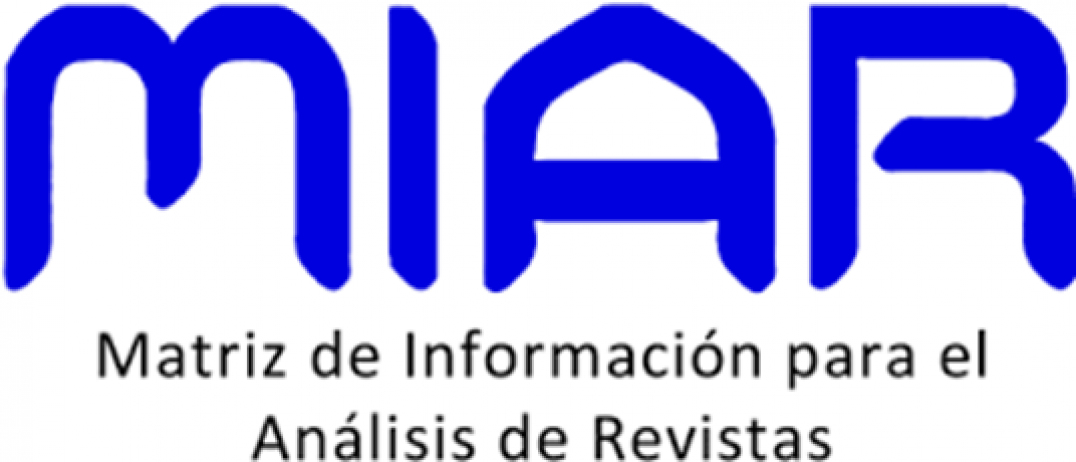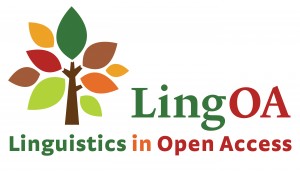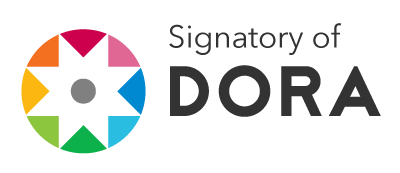Identification of two kinds of digressions in Mexican and French speech
DOI:
https://doi.org/10.32870/vel.vi8.81Keywords:
Digression,, speech, cognitive schemata, intercultural interaction, cultural scripts.Abstract
This research seeks to identify the digressions in the Mexican and French speech. They have been conducted four qualitative interviews with the purpose of obtaining oral narratives. These interviews were conducted with four participants, two Mexican women and two French women. Digressions identified in each interview were classified into 2 different types. The topics that generate these digressions were analized as well as the quantity and the function of these digressions. The results about the digressions, the topics that generate them, the quantity and their fonctions were contrasted in Spanish interviews and French interviews. It is concluded that Mexican introduce more digressions in their speech that French people, and that the purpose of their digressions varies according to their culture.
Downloads
Metrics
References
Arfuch, L. A. (2002). El espacio biográfico: dilemas de la subjetividad contemporánea (Núm. 165.722). México: Fondo de Cultura Económica.
Arfuch, L. A. (1995). La entrevista, una invención dialógica. Barcelona, España: Ediciones Paidós Ibérica.
Centro Virtual Cervantes. (2001). Marco común europeo de referencia para las lenguas: aprendizaje, enseñanza, evaluación. Recuperado el 2 de junio de 2015, de http://cvc.cervantes.es/ensenanza/biblioteca_ele/marco/
De Fina, A. (2006). Discourse and Identity, 23, 351-375. Cambridge, Inglaterra: Cambridge University Press.
Duero, D. G. y Arce, G. L. (2007). Relato autobiográfico e identidad personal: un modelo de análisis narrativo. aibr: Revista de Antropología Iberoamericana, 2 (2), 232-275. núm. 8 / julio-diciembre / 2016 111
Festinger L. (1962). A theory of cognitive dissonance (Vol. 2). California, ee.uu.: Stanford University Press.
Flores, N. H. (2004). La cortesía como búsqueda del equilibrio de la imagen social. Pragmática sociocultural: estudios sobre el discurso de cortesía en español (pp. 95-108). Barcelona, España: Ariel.
Goddard, C. y Wierzbicka, A. (2004). Cultural scripts: What are they and what are they good for? Intercultural Pragmatics, 1 (2), 153-166.
Navarro, R. B. (2007). El mexicano: aspectos culturales y psicosociales. México: Universidad Nacional Autónoma de México.
Nishida, H. (1999). A cognitive approach to intercultural communication based on schema theory. International Journal of Intercultural Relations, 23 (5), 753-777.
Ofuani, O. A. (1988). Digression as discourse strategy in Okot p’Bitek’s dramatic monologue texts. Research in African Literatures (pp. 312-340). Texas, ee.uu.: University of Texas Press.
Pereira, N. M. L. (2004). Enfoques conductistas, cognitivos y racional emotivos. San José, Costa Rica: Editorial de la Universidad de Costa Rica.
Piller, I. (2011). Intercultural communication: A critical introduction. Edinburgh, Inglaterra: Edinburgh University Press.
Pons Bordería, S. y Estellés Arguedas, M. (2009). Expressing digression linguistically: Do digressive markers exist? Journal of Pragmatics, 41 (5), 921-936. doi:10.1016/j.pragma.2008.08.011
Sabry, R. (1992). Stratégies discursives: Digression, transition, suspens. Francia: Recherches d’histoire et de sciences sociales.
Terrones Juárez, S. (2012). Acerca de la digresión en los textos. Diario Correo (Piura). Perú: Universidad de Piura. Recuperado el 5 de junio de 2016, de http://udep.edu.pe/hoy/2012/acerca-de-la-digresion-en-los-textos/
Tomlin, R. S., Forrest, L., Pu, M. M. y Kim, M. H. (1997). Semántica del discurso. En T. A. Van Dijk (Comp.), El discurso como estructura y proceso (pp. 107-171). Barcelona, España: Gedisa Editorial.
Valles, M. S. (2014). Entrevistas cualitativas (Vol. 32). Madrid, España: Centro de Investigaciones Sociológicas.
Van Dijk, T. A. (2000). El discurso como estructura y proceso. Barcelona, España: Gedisa Editorial.
Zorraquino, M. A. y Portolés, J. (1999). Los marcadores del discurso. Gramática descriptiva de la lengua española, 3, 4051-4213.













